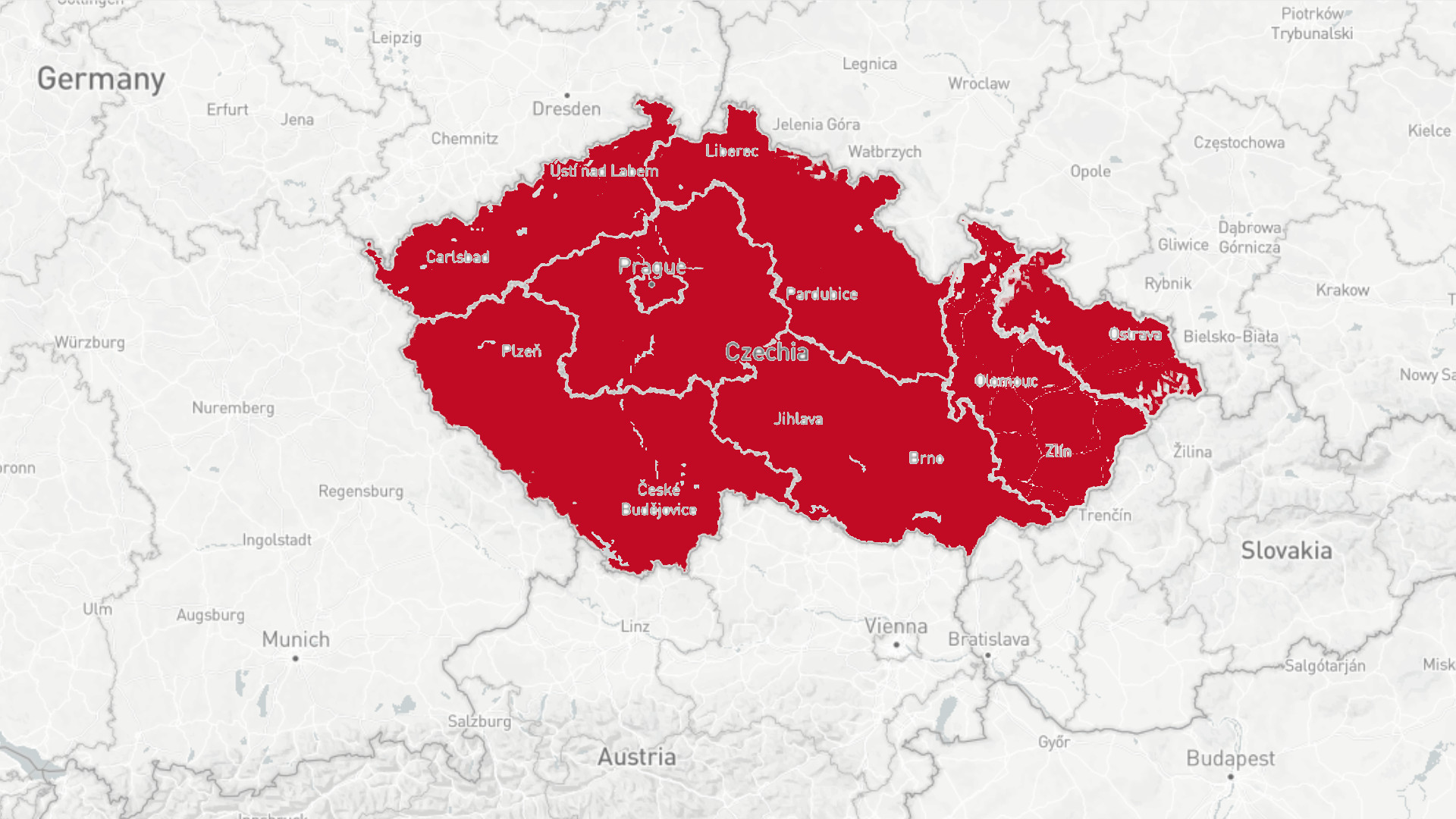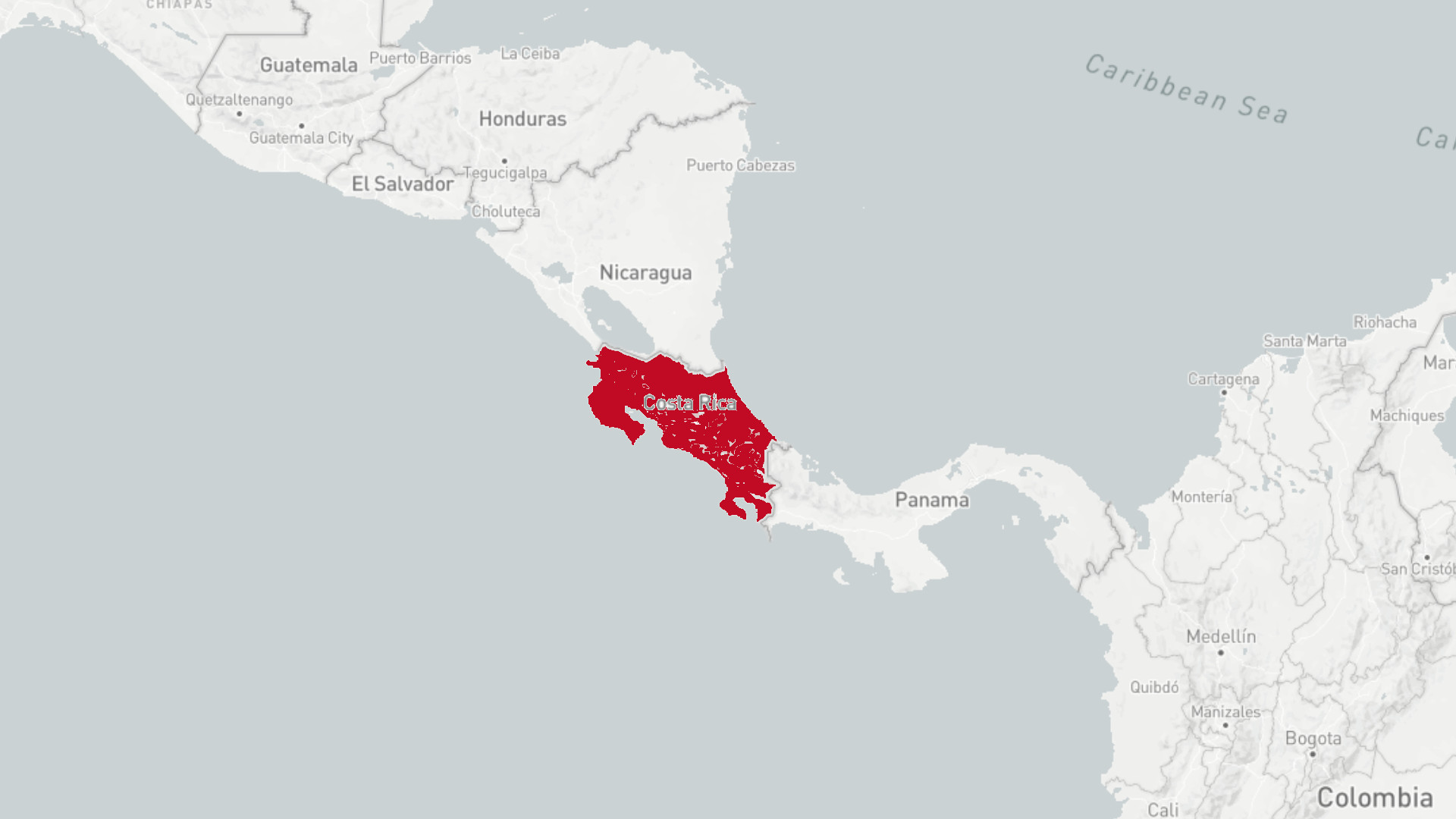Internet blackout in Myanmar
Inoculated Ignorance
The whole world is able to access online information about the latest safety measures and the development of the pandemic. But is it really the whole world? In western Myanmar, the government has cut its people off from the internet. The virus has already reached the country, yet citizens remain unaware. Every day, fears are growing over this policy of disinformation ending in disaster.
It seems that every time one looks at live updates, there is a new report. Push notifications are lighting up constantly. The highly acclaimed German TV news program, “Tagesschau”, extends its broadcast regularly, and breaks viewing records. In March, upwards of 17 million people tuned in daily at 8 pm. Immediately following the outro jingle, eyes return anxiously to the small display in one’s hand. The internet has become the most popular source of news. The timeline of the coronavirus crisis can be tracked through Google searches. Across the world, people first looked for symptoms of Covid-19, and in the weeks following, inquired about protective masks.
One would assume everyone knows about the virus, the disease it causes, social distancing and safety measures. Unfortunately, in the embattled west of Myanmar, hundreds of thousands may have never heard of the pandemic keeping the world in its grip. For fear of unrest, 1.4 million citizens have been cut off from the internet. This began more than a year ago, even before the virus hit. Human Rights Watch an Amnesty International have since sounded the alarms. The NGOs claim that the disinformation campaign inhibits efforts to educate the population on health and safety.
The world’s longest internet blackout
After SARS-CoV-2 began to spread around the world, Aung San Suu Kyi’s government initiated preventative action. Yet the campaign titled, “No one left behind”, has not lived up to its intentions. Htoot May, a Member of the Burmese Parliament representing the Arakan National League for Democracy, told CNN she blamed the lack of internet access. She said that because of it, the inhabitants of Northern Rakhine had never been informed of the health advice regarding the coronavirus.
The world’s longest internet blackout started in June 2018, and affected nine regions of western Myanmar. The causes of this information blockade are long-lasting political reasons and bloody ethnic conflicts.
A Myanmar-based coalition advocating freedom of expression, organized an online forum pertaining to the one-year anniversary of the shutdown-where over 150 participants stressed that people in Rakhine and Chin states were unable to access health information without internet access. The coalition also appealed to the World Health Organization (WHO) to urge Myanmar's government to end the shutdown.
Yet the cry for help has gone unheard: The affected regions still have no access to information. The government defends the shutdown, and claims that it is necessary due to the intense fight between Myanmar' military and the Arakan Army, a militant group based in Rakhine state. The Arakan Army has been accused of committing serious human rights violations. As a result, the UN has called the military's security operation clearing of villages inhabited by the Rohingya Muslim minority, a "textbook case of ethnic cleansing." The shutdown's legal basis is found in Article 77 of Myanmar's telecommunications law, which authorizes the Ministry of Transport and Communications to suspend telecommunications service or restrict certain forms of communication during "an emergency" situation.
COVID-19 text messages don't reach everyone
Vicky Bowman, director of the Myanmar Centre for Responsible Business, stated that the law fails to meet international human rights standards. "The law lacks safeguards, such as ensuring that the reasons for blocking are clearly defined in the law; that they are for a legitimate aim; and that they are necessary and proportionate to achieve that aim. Nor are there any provisions for democratic oversight and transparency," said Bowman.
According to HRW, the broadly worded law should be amended to conform with international standards to protect freedom of expression.
Zaw Htay, a government spokesman, stated that the government understands the concerns of human rights activists, but added, security is a top priority in the affected areas and the government would provide all necessary help to the military to fight the insurgency.
"Although they don't have internet service, telecom operators are sending them COVID-19 information by text message," said Zaw Htay. On June 12, 2020, the Ministry of Transport and Communications announced that the shutdown would continue until at least August 1, 2020. It is difficult to see positives in this situation, but one is that Myanmar so far, compared to other East Asian countries, has not had a high number of coronavirus cases.
Many hospitals are hopelessly overwhelmed
Although there are a small number of recorded cases, it is very likely due to the low number of tests being conducted. The freelance journalist Cape Diamond , who lives in Myanmar’s most populous city Yangon, estimates the number of undetected cases to be significantly higher. Many people living in the countryside have no possibility to receive a medical exam. The hospitals in the country are hopelessly overwhelmed and not prepared to fight a pandemic, Diamond says. Two Yangon clinics, usually frequented by expatriates and the local middle class, had already been partially shut down in April by an imposed quarantine due to infections.
According to news reports from mid-April, there were only around 200 medical ventilators available in the whole country. In 2000, the World Health Organization (WHO) last compared health care systems and ranked Myanmar’s at 190th place, the worst in the world. The situation has since improved, but the health care system is still very poorly equipped compared with other Southeast Asian countries. Those who can afford it, travel to Bangkok for more extensive treatments. Travel restrictions have currently ruled this option out.
“See no evil, hear no evil, speak no evil”. The three monkeys supposedly go back to the famous Chinese philosopher Confucius. The proverb is deeply embedded in Asian language and culture. Yet, it does not apply to Myanmar’s current situation. Over a million people are blindfolded and kept in the dark by their government, without the possibility to inform themselves independently. They are forbidden to openly speak their mind in a country where the freedom of expression is severely restricted. The coronavirus does not distinguish between nations. It spreads everywhere, and there is no going back once it starts. In order to protect oneself against it, people need to be educated. They need access to the internet and independent, free media.



















